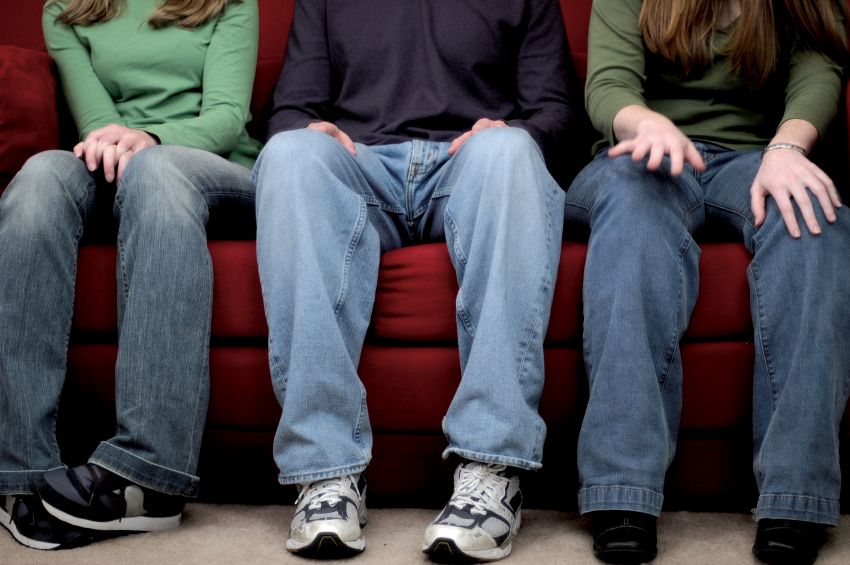Much has already been written about the UVA Rolling Stone story: For example, Cathy Young, who spoke at an IWF event on the issue of sexual violence on campus, questioned the allegations before Rolling Stone disowned the story as told. Since Rolling Stone issued its apology, there have been numerous others highlighting the problems created by allowing Jackie’s story to be pushed and publicized without essentially any fact-checking: It wasn’t fair to the men associated with the accused organization or to other women who are victims of assault who will now be less likely to be believed.
There is some good news, though, from this episode.
First, most obviously, it is good news that it seems increasingly likely that this gang rape and the horrifyingly cold response from friends and administrators did not occur as depicted in Rolling Stone.
No one knows what happened, exactly, and it is entirely possible that Jackie did suffer some kind of abuse at some point. However, if you were among those who read the story and were sickened at the idea that colleges like UVA are full of utterly depraved demons, it’s comforting to have the foundations of the story called into question. We can all be thankful, that it appears unlikely—as it always was—that a pack of seemingly normal young men laughingly tortured Jackie while a party continued around them, and that the friends of a survivor of gang rape told her to shrug it off for the good of the university’s reputation.
There is great concern that the falling apart of this story will lead to a distrust of other women who are victims of sexual assault. We cannot let that be the case. However, this is a good reminder that before accepting anyone’s story, we should consider the facts carefully. The problem with most accusations of sexual violence is that it is usually a he-said, she-said situation. I firmly believe in the idea of innocent until proven guilty, but in the case of an attack that occurred behind closed doors without any witnesses, one must take the alleged victim’s account very seriously.
But the Jackie story was never just a he-said, she-said situation. There were a lot of people involved. She claimed nine men were involved with her attack, fellow party-goers who would have seen her leaving immediately after hours of assault, and friends who she talked to afterward. Surely this was a story that could have, and should have, been scrutinized thoroughly before being trumpeted for everyone’s good.
Certainly it is unfair for the Jackie episode to be an excuse for viewing anyone claiming to have been assaulted with suspicion. Yet we should also take care not to accept other appeals to group guilt, such as those commonly levied at groups of young men, whether they are lacrosse players or members of a fraternity. We should treat people and the stories they share individually, and grant them the respect and consideration that they all deserve.


